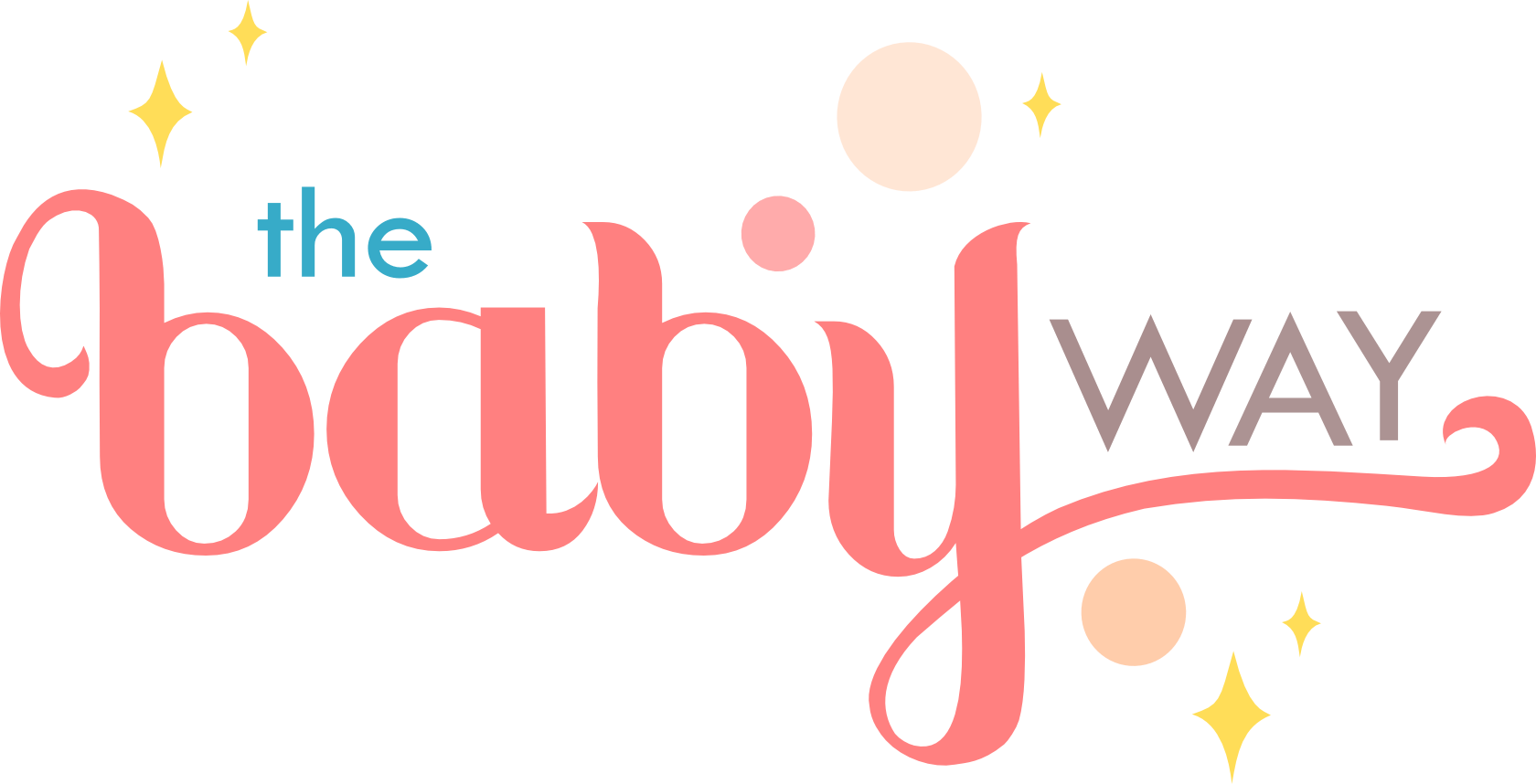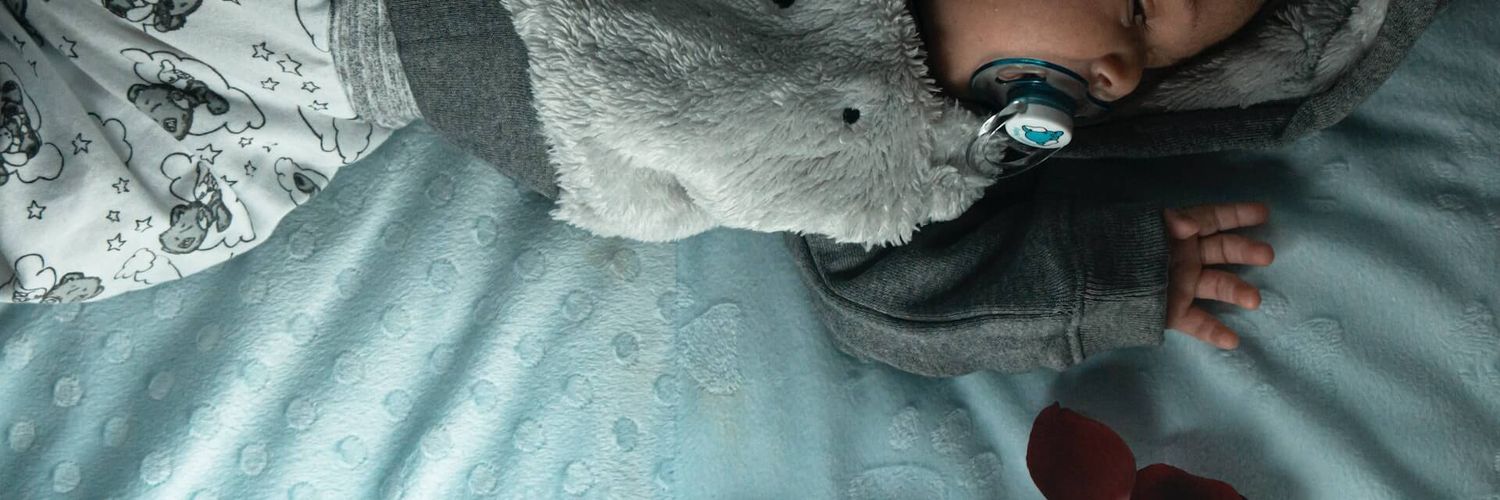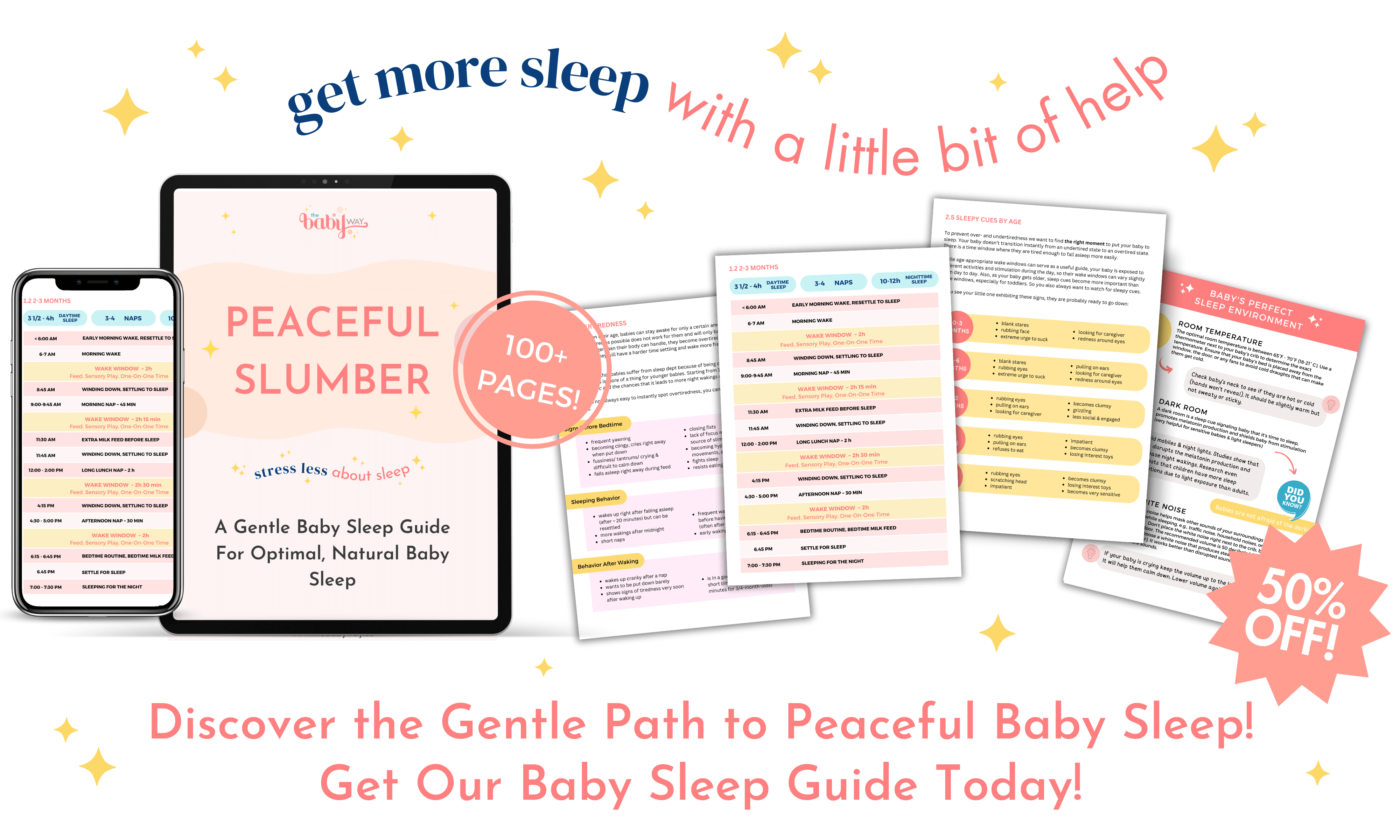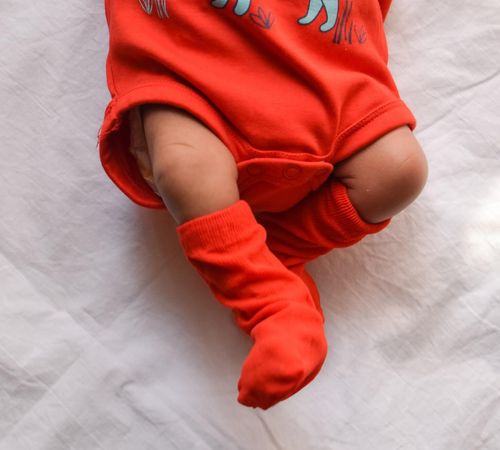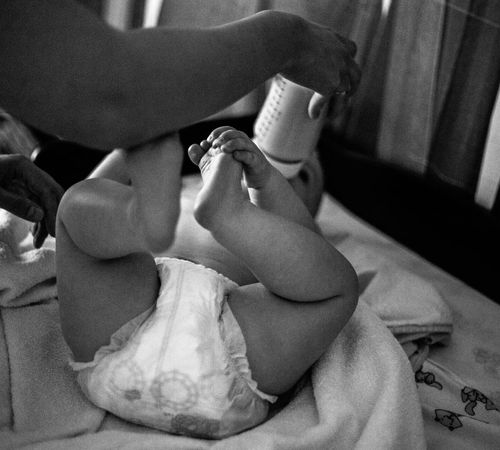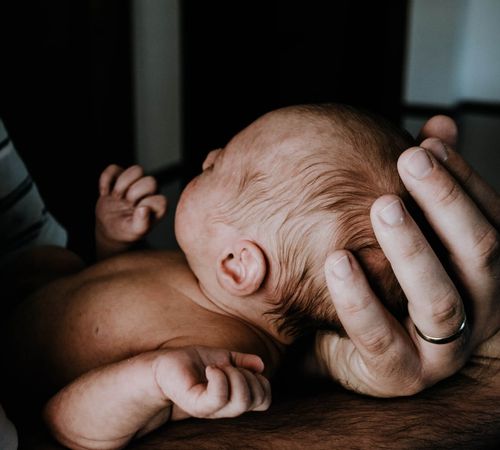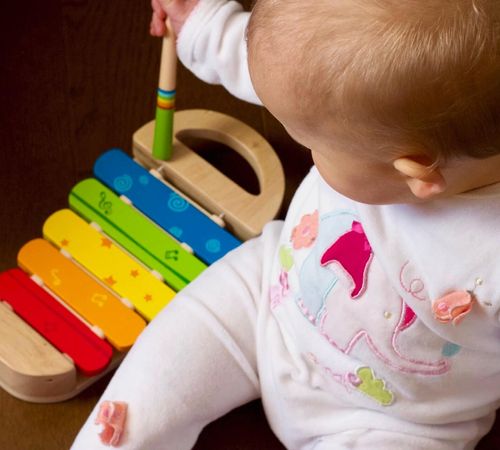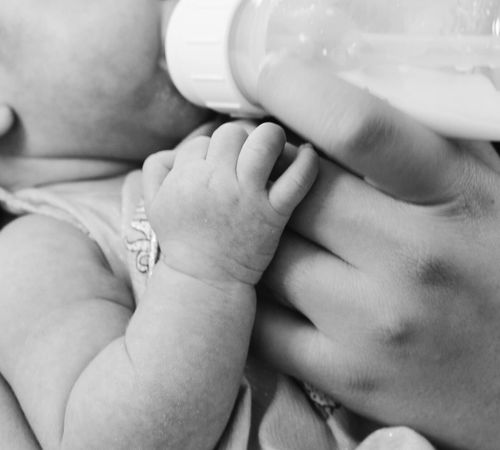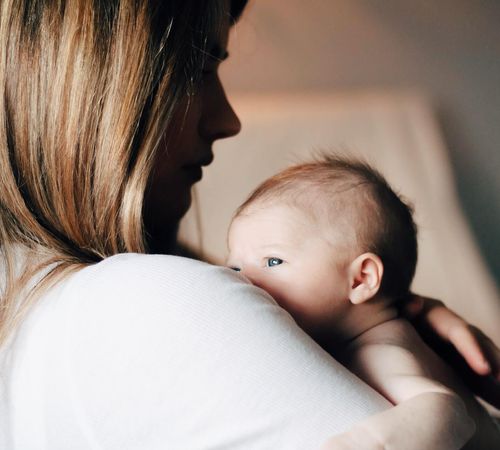Hey tired momma! Welcome to the wonderful and slightly confusing world of wake windows for newborns. I know it can be overwhelming to navigate this new territory, but don't worry! We will uncover all the secrets of baby wake windows and answer all your questions in this article!
I swear, until I became a mom, I had never heard about wake windows in my entire life. To be honest, I didn't know much about baby sleep either. I knew newborns sleep a lot. But I also thought they would just sleep when they were tired.
HA HA HA, says every sleep-deprived mom on the planet (with a little tear in their eye).
If it was that simple, right?
Well, baby sleep doesn't work that way. Babies don't just sleep when they are tired. Babies have different stages of tiredness. They are undertired, tired, or overtired. You and I cannot relate because we are just goddamn tired.
But, well, it matters for our babies, so I guess it matters for us, too.
And that's when wake windows come into play. The right wake window or awake time will help your baby get into the right amount of tiredness, so they sleep better. So let's learn everything about wake windows, how they help your baby sleep better, and how to figure out just the right amount of wake time for your newborn.
This article covers:
-
1. What Are Wake Windows?
2. Why Are Wake Windows Important?
3. Do Wake Windows Matter For Newborns?
4. When Should You Start Using Wake Windows?
5. How To Figure Out The Right Wake Window For My Newborn
6. FAQ Wake Windows For Newborns
7. Wake Windows Will Not Get Your Newborn To Sleep Through The Night
1. What Are Wake Windows?
First things first, what exactly are wake windows?
In short, they're the amount of time your baby can stay awake before needing to go back to sleep. The wake window starts the minute your baby opens their eyes and ends when they sleep again.
Your baby's sleep pattern will change a lot in the first two years of their life, and so will their wake windows. Wake windows always vary depending on baby's age and individual sleep needs.
2. Why Are Wake Windows Important?
Let me tell you something: WAKE WINDOWS MATTER!
Whether you have a 2-month-old or a 2-year-old. They will still matter!
Why? Because they play a crucial role in regulating your baby's sleep pressure. Sleep pressure describes the need for sleep after a specific amount of time. If sleep pressure is just about right, your baby will fall asleep easily, might sleep for a longer stretch, or have a longer nap.
However, if your baby is not tired enough and hasn't built up enough sleep pressure, you might end up with a short nap, a baby that wakes shortly after bedtime or the nightmare for all parents, a baby that is up for 2 hours in the middle of the night to play.
On the other hand, if your baby is up for too long, they can get overtired, and this will also reflect in their sleeping behavior. They become unsettled, have trouble falling asleep, and experience early morning wakes. They will also have high cortisol levels, which can lead to more disrupted nighttime sleep.
So as you can see, you can only do it wrong.
No, I am just kidding.
That's exactly why we have our beloved wake windows. They help us determine the right amount of time our baby needs to be awake to get them to sleep well.
3. Do Wake Windows Matter For Newborns?
So do wake windows matter for newborns? The short answer is yes and no. It really depends on how you make use of wake windows.
If you have a 2-week-old baby, you shouldn't need to watch the clock wondering if your baby was awake long enough. Newborns sleep a lot. They don't have a regular sleep pattern, and their circadian rhythm has not developed yet. They might still have day-night confusion, sleep most of the day, and party all night.
Also, this is a very delicate phase for new moms. Your postpartum experience should not revolve around your baby's awake window. I know, we are all obsessed about our baby's sleep but this is not the the time yet.
Give yourself and your baby a few weeks to adjust to this new world.
4. When Should You Start Using Wake Windows?
I always tell parents to go with tired cues for babies under 6 weeks. Whenever your baby seems tired, just get them to sleep. Wake windows should only help you prevent your baby from getting overtired.
If your baby is 6 weeks or older than that, then you may start to tweak your baby's awake time to achieve better sleep. At this age, your baby starts to become more aware of their surroundings, and they are able to have longer stretches of wake time.
The goal is not to have a strict sleep schedule. But by slightly increasing your baby's awake time, they might nap better during the day and sleep better at night.
More consistent wake windows can also help your baby develop a more regulated and predictable sleep pattern. It might also help you with your first sleep regression, which usually hits at 3-4 months.
5. How To Figure Out The Right Wake Window For My Newborn
Figuring out the right wake window can appear tricky in the beginning. But it is not hard-core science. We leave that for the sleep regressions.
In general, you should start out with the recommended wake windows for different ages. These are general recommendations, and most babies fall into these ranges. But as usual, every baby is unique, and according to your baby's individual sleep needs, you may need to adjust their wake window slightly.
Typical wake windows for newborns (up to 4 months) look like this:
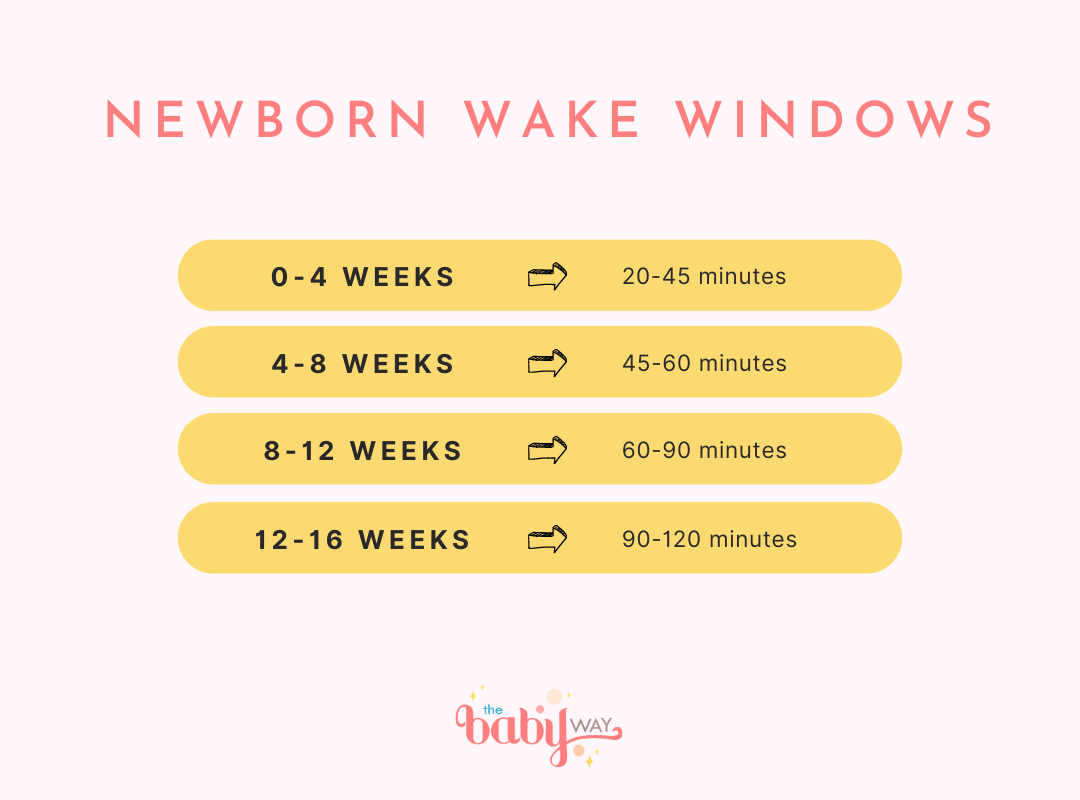
I suggest you start with the lower range of the recommended wake window. Then, you will see how your baby keeps up with that wake window and how well they nap/sleep.
Also, pay close attention to their sleepy cues. Fussy behavior before a nap can be signs of an overtired baby. If your baby doesn't show tired signs, you can increase the wake window by 5-10 minutes.
6. FAQ Wake Windows For Newborns
1. How Should I Start With Wake Windows?
Starting with wake windows for a newborn can be tricky. Your little one probably is only used to staying awake for a very short amount of time.
Make an easy introduction by stretching the wake window every two days by 5 minutes until you reach the recommended length.
You can try the following to stretch your baby's wake window:
- Distract them: Look out of the window or go outside. Talk to them and show them things. These are great ways of interacting with your baby, and it is super interesting for them.
- Have low-key activities: If you want your baby to get used to longer wake windows, integrate low-key activities so they don't get overstimulated fast. Keep a quiet but bright environment.
2. What If My Newborn Cannot Stay Awake For The Recommended Wake Windows
Your baby is still very young, and you cannot force them to stay awake without paying the price of having an overtired newborn. Whenever your newborn shows several tired signs, get them to sleep. Using wake windows is simply sometimes a process of trial and error.
Your baby also needs time to get used to new wake windows.
3. Are Wake Windows The Same During The Whole Day?
Even during the day, wake windows will vary slightly. Usually, the first wake window of the day (until the morning nap) and the wake window before bedtime are the shortest. Sleep pressure is the highest at this time of the day, so you might want to decrease your usual wake window slightly.
4. Do I Need To Use A Newborn Sleep Schedule?
A strict sleep schedule will not work for a newborn baby. While it can be a helpful tool for older babies and toddlers, newborn sleep is still very unpredictable.
With wake windows you are more flexible, and their nap times will most likely vary from day to day (which is normal for newborns).
5. How Do I Calculate The Time I Put My Newborn To Sleep?
Falling asleep takes time, and this time also counts as awake time. It is normal for your newborn to take up to 20 minutes to fall asleep. So the nap or bedtime routine and the time your baby needs to fall asleep should also be taken into account.
I suggest getting baby ready for sleep 20 minutes earlier, so you don't risk your baby getting overtired shortly before falling asleep.
6. How Do I Know If The Wake Window Is Right?
There are several indicators that will tell you that the wake windows are right. These are, for example:
- baby falls asleep within 20 minutes
- baby settles easily to sleep without crying
- baby wakes up happy from nap
- baby doesn't seem tired right after waking up from nap
- baby doesn't wake after first sleep cycle after bedtime
- baby has naps that are longer than one sleep cycle (1-2 hours)
7. What Is The Best Bedtime For My Newborn?
Instead of focusing on a specific time, you should use the last nap of the day to determine bedtime. Sometimes newborns have late bedtimes because they nap late in the afternoon. Other newborns have bedtimes as early as 6:30 PM.
In the early months, bedtime should be flexible and always depend on the last nap and the right wake window.
7. Wake Windows Will Not Get Your Newborn To Sleep Through The Night
I know we are all guilty of doing it. We all thought, what can I do so my newborn will sleep through the night?
Well, I just can tell you that newborns and such young babies are not supposed to sleep through the night.
So what's with all the wake windows, you might ask…
Well, wake windows can work really great to improve your baby's naps and the way they fall asleep. Short naps, aka cat naps, are very common at this age. With the right wake window, you can help your baby nap longer. Nap time is actually a great indicator if wake windows work or not. If you see your baby's daytime sleep improving, then it's a sign that the wake windows are working.
Also, many babies seem to fight sleep at this particular age. They can also go through the phase of purple crying, also known as the witching hour. Wake windows can also help here. You can prevent your baby from getting overtired, and they will have a much easier time settling to sleep.
However, it is important to remember that at this age, there is only so much we can do about our baby's sleep. Your baby's sleep behavior depends on many different factors that are sometimes out of our control. Your baby's temperament, their age, genetics, and evolutionary behavior, they all contribute to how your baby sleeps. We can use wake windows, every sleep tip possible, and sleep training trying to improve our baby's sleep, but in the end, you have to remind yourself that you have a baby and not a robot.
With that said, healthy sleep habits are never a bad thing to try. They set the path for good sleep in the future and are a great method to improve your baby's sleep in a realistic way.
